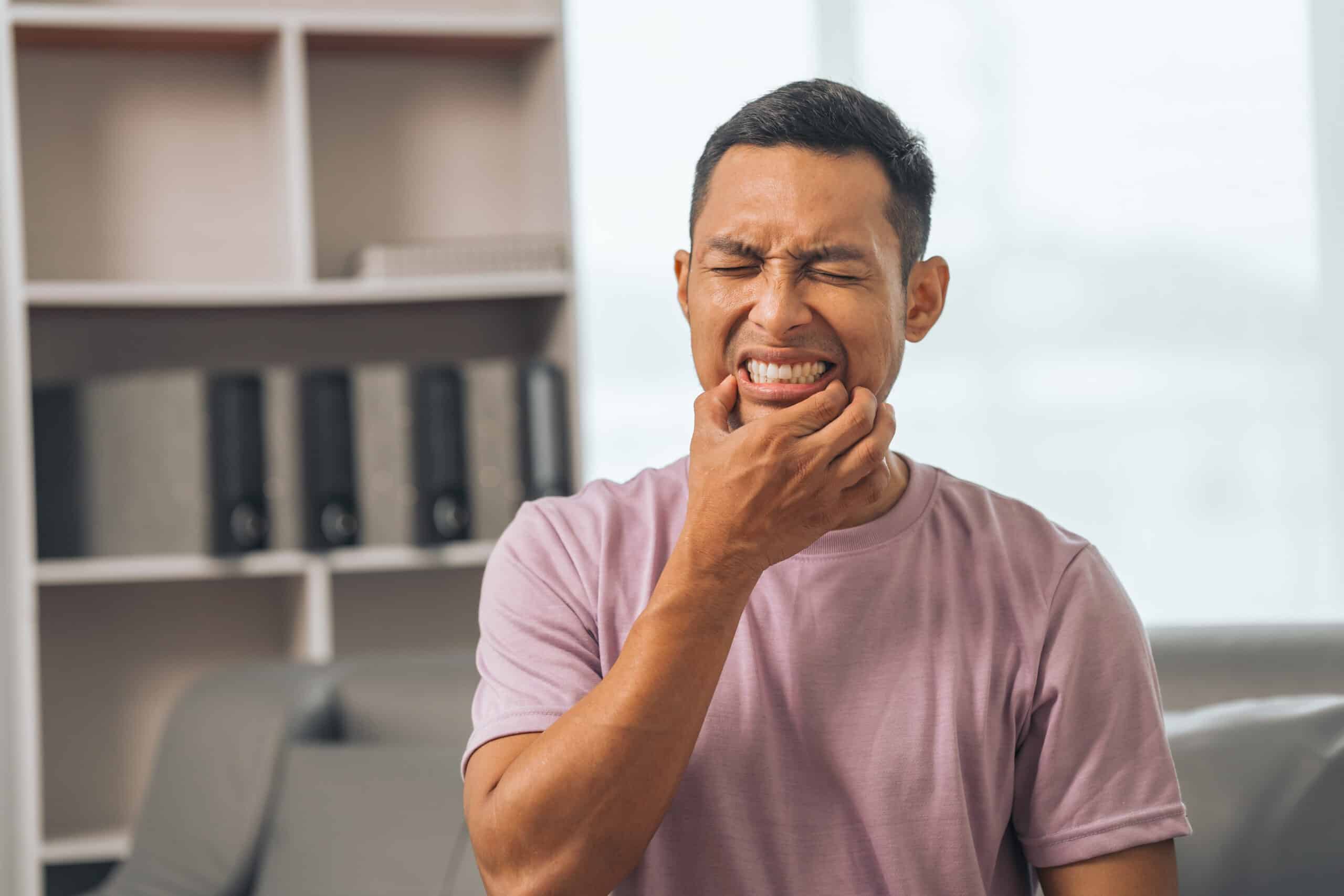Thumb-sucking is a common childhood habit. Many first find this pacifying activity while in the womb. And though it doesn’t cause problems when children are very young, if allowed to continue for too long, thumb-sucking can lead to long-term dental problems.
Babies and young children are soothed by the action of sucking on thumbs, fingers, and pacifiers. During this early phase of childhood, thumb-sucking typically isn’t a dental concern. It’s a natural part of development.
What Problems Can Thumb-sucking Cause?
If thumb-sucking continues beyond the age of 5, around the time when the permanent teeth begin to erupt, dental problems may occur. The frequency and intensity of the habit play a role, as does the duration of the activity. Factor these things in and there is potential for teeth to be pushed out of alignment, causing an overbite. Problems with speech sometimes occur as a result of mispronunciation. In addition, the upper and lower jaws can be misaligned. When this happens, the structure of the roof of the mouth is compromised and can be malformed.
Tips For Stopping Thumb-sucking
Most children stop on their own between the ages of two and four. If it doesn’t happen on its own, it’s important that parents help the process along with encouragement.
- Praise and reward – Explain why it’s time to break the habit and offer fun incentives to stop. What fun activity does your child most enjoy? Try to make it something active and not a sweet treat.
- Comfort – When a child continues to suck their thumb past the age of five, it can be a sign of emotional distress. Is the behavior related to anxiety or sadness? See if you can identify the cause and suggest a better response.
- Ask for advice – Make an appointment for you and your child to visit the dentist. A little one-on-one support from a professional may be all it takes.
The most important thing is not to punish or shame your child for sucking their thumb. If they end up not being able to do it on their own, there are dental appliances that will help them break the habit.
Contact us if you have any questions regarding this topic or any other dental issues.




